In this auspicious occasion, we are delighted to delve into the intriguing topic related to Bild Klaus Kinski: The Enigmatic and Controversial Actor. Let’s weave interesting information and offer fresh perspectives to the readers.
Bild Klaus Kinski: The Enigmatic and Controversial Actor

Introduction
Klaus Kinski, a German actor, gained notoriety for his intense and often eccentric performances. His career spanned over four decades, and he appeared in more than 130 films. Kinski’s performances were characterized by their raw emotionality, physicality, and often disturbing intensity. He became known for his portrayal of unhinged and volatile characters, often villains or outsiders. This article delves into the life, career, and legacy of Klaus Kinski, exploring his unique approach to acting, the controversies that surrounded him, and the lasting impact he has had on the world of cinema.
Early Life and Career
Klaus Kinski was born Klaus Günter Karl Nakszynski on October 18, 1926, in Zoppot, Germany. His father, Bruno Nakszynski, was a pharmacist, and his mother, Susanne Lutze, was a concert singer. Kinski’s childhood was marked by poverty and instability, and he often clashed with his authoritarian father. At the age of 17, he joined the German army and served during World War II. After the war, he studied acting at the Schauspielschule in Berlin.
Breakthrough Roles
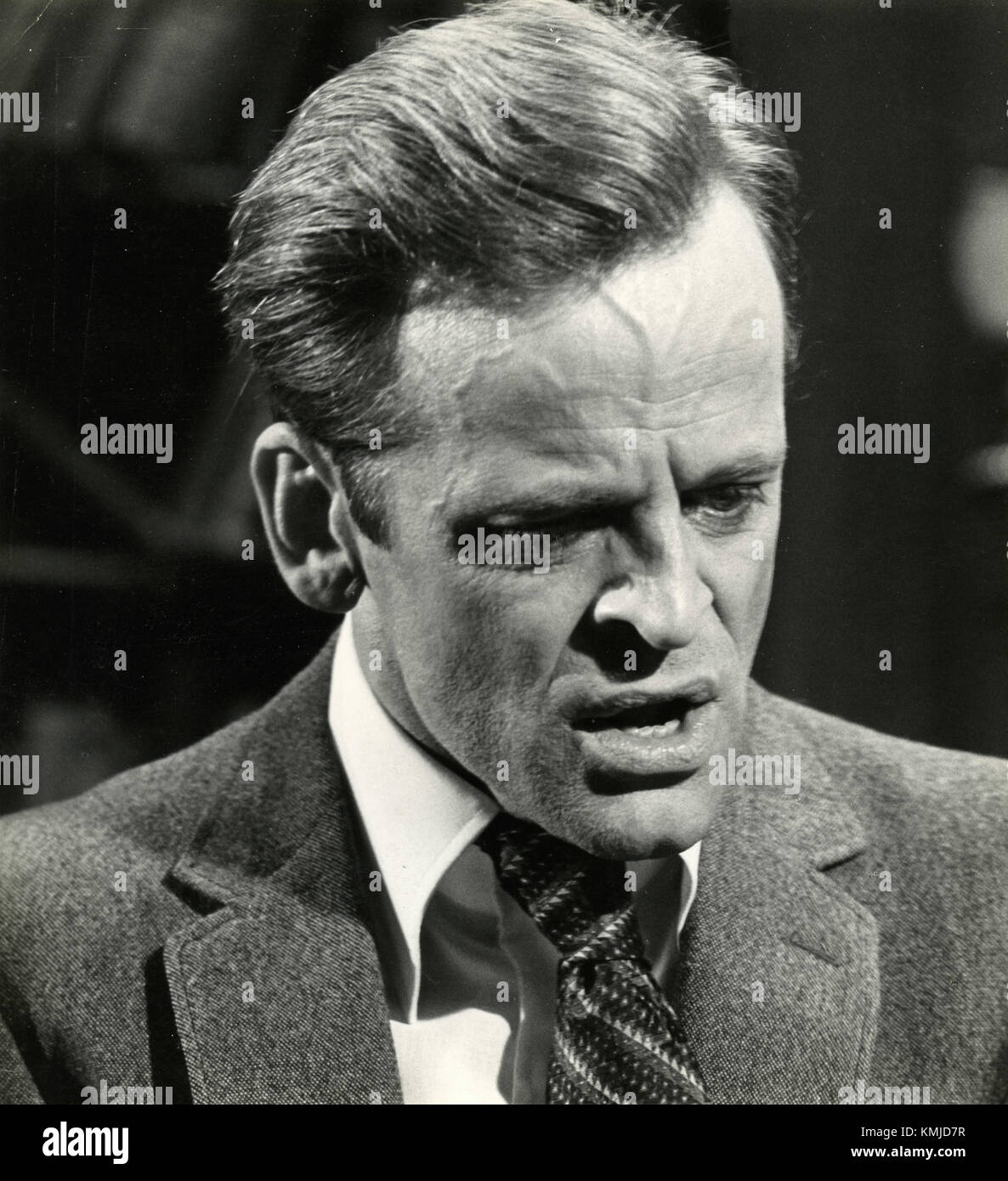
Kinski’s breakthrough role came in 1955 when he starred in the film "Time Without Pity" directed by Fritz Lang. His performance as a disturbed murderer earned him critical acclaim and established him as a rising star. Throughout the 1960s and 1970s, Kinski appeared in a string of successful films, including "Nosferatu the Vampyre" (1979), "Aguirre, the Wrath of God" (1972), and "Fitzcarraldo" (1982). His collaborations with director Werner Herzog resulted in some of his most iconic performances.
Controversies and Personal Life
Kinski’s personal life was as tumultuous as his career. He was known for his volatile temper, drug use, and numerous marriages and affairs. His relationships were often marked by violence and abuse, and he was frequently involved in legal disputes. Kinski’s controversial behavior and outspoken views often overshadowed his acting achievements.
Acting Style
Kinski’s acting style was characterized by its intensity, physicality, and emotional extremes. He often employed improvisation and relied heavily on instinct. His performances were often raw and unfiltered, and he was known for his ability to convey complex emotions with startling authenticity. Kinski’s acting technique has been described as "method acting on steroids" and has been both praised and criticized for its intensity.
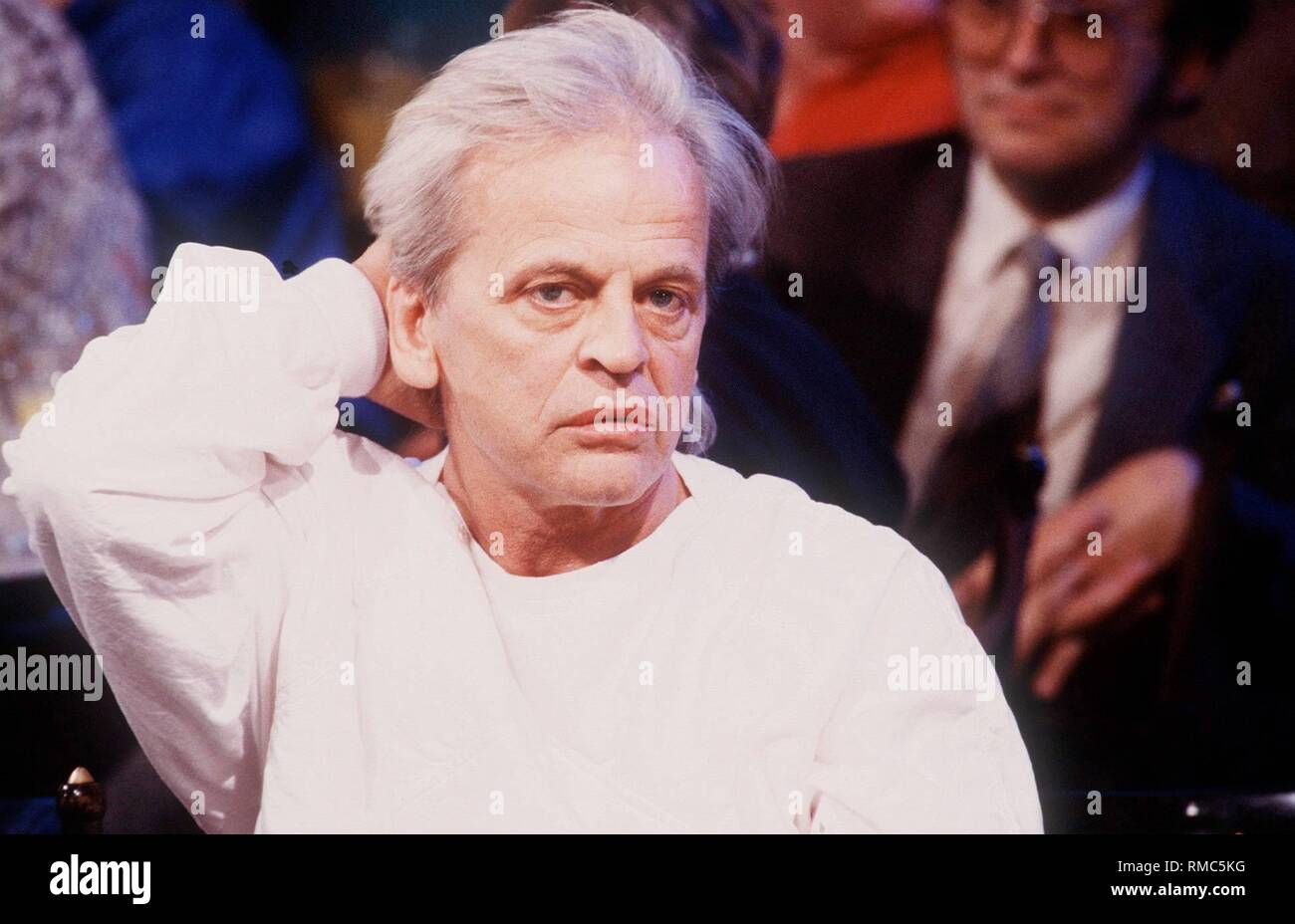
Legacy and Impact
Despite the controversies that surrounded him, Klaus Kinski remains one of the most influential actors of his generation. His performances continue to be studied and admired by actors and filmmakers alike. Kinski’s legacy is a complex one, marked by both brilliance and excess. He pushed the boundaries of acting and challenged audiences with his unflinching portrayal of human darkness.
Advantages and Disadvantages of Bild Klaus Kinski
Advantages:

- Intense and captivating performances: Kinski’s performances were known for their raw emotionality and physicality, which captivated audiences and left a lasting impression.
- Unique and unforgettable characters: Kinski created a gallery of unforgettable characters, often portraying unhinged and volatile individuals with a depth and complexity that transcended the screen.
- Artistic integrity: Kinski was uncompromising in his pursuit of artistic truth, often clashing with directors and producers to maintain his creative vision.
- Versatility: Despite being typecast as villains and outsiders, Kinski demonstrated his versatility by portraying a wide range of characters, from historical figures to contemporary anti-heroes.
- Influence on filmmaking: Kinski’s acting style and approach to filmmaking have influenced generations of actors and filmmakers, shaping the landscape of contemporary cinema.
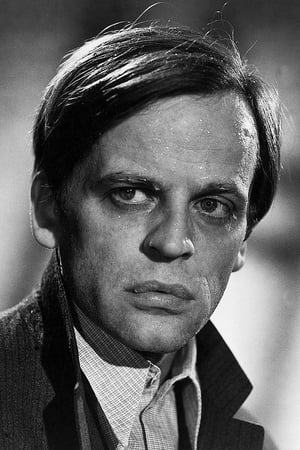
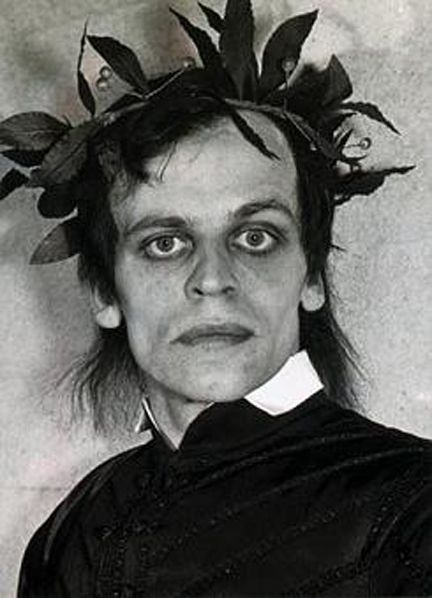
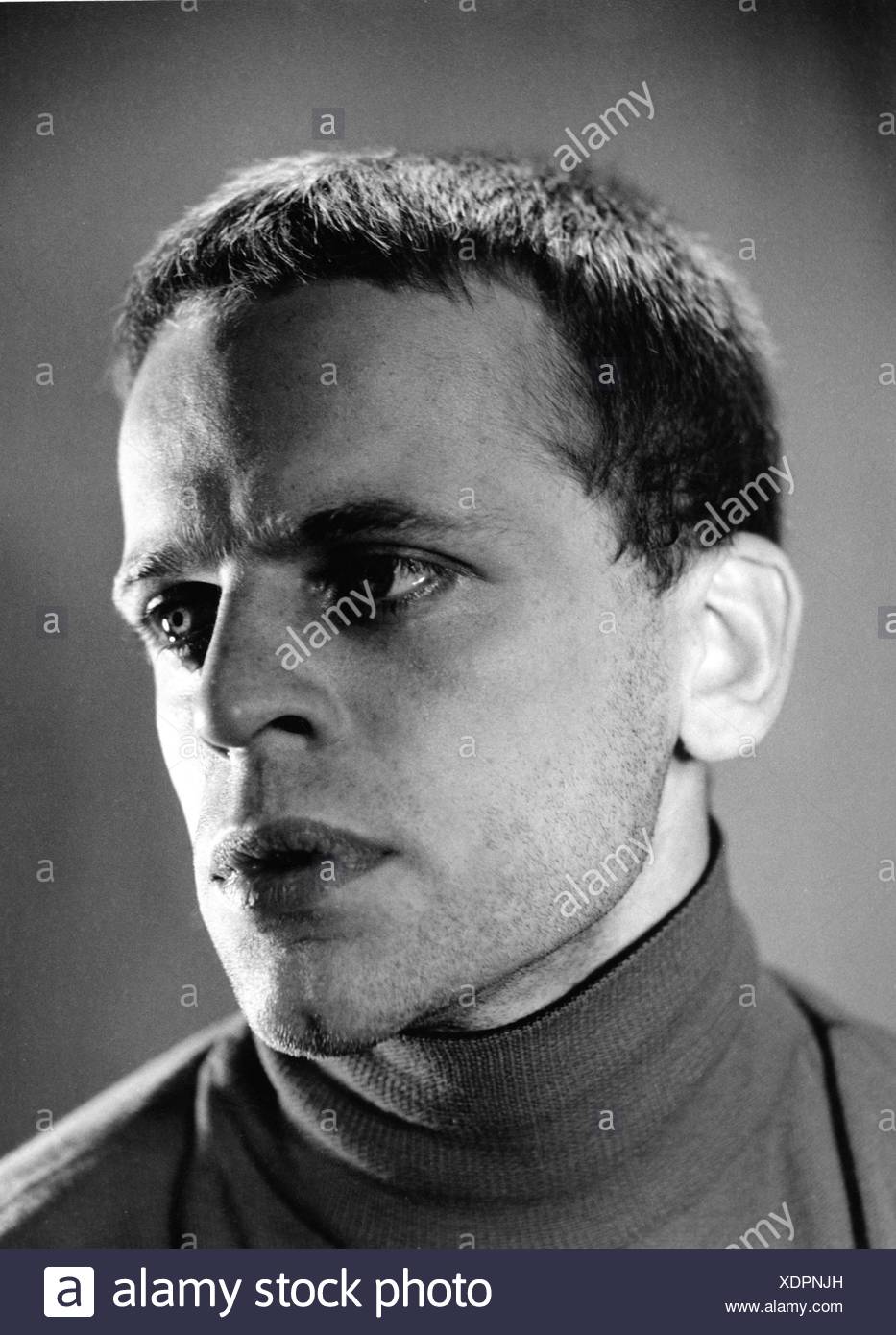
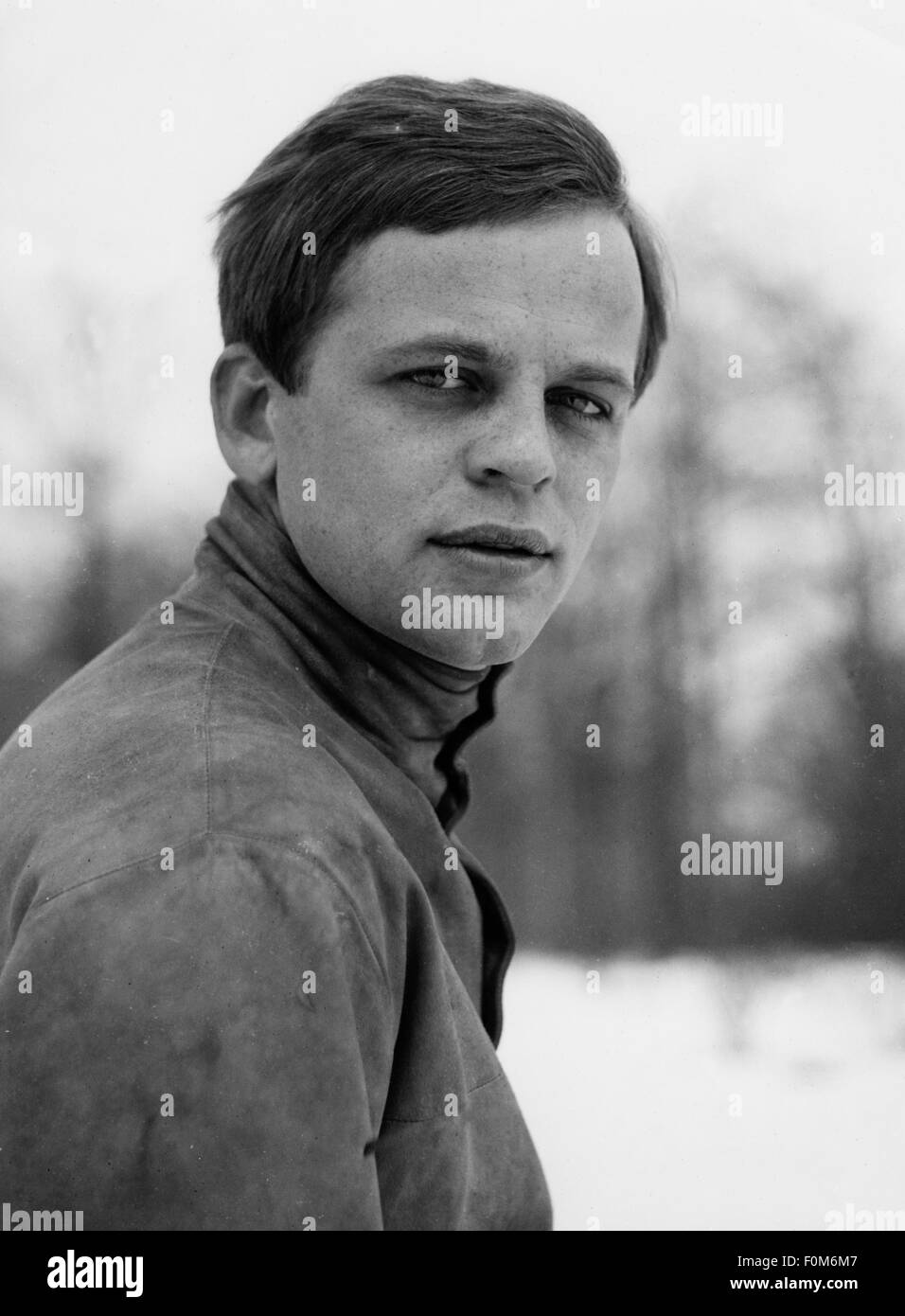
Disadvantages:
- Volatile and unpredictable: Kinski’s personal life and on-set behavior were often marked by volatility and unpredictability, which could create a challenging work environment.
- Over-the-top performances: While Kinski’s intensity could be captivating, it sometimes resulted in over-the-top performances that could overshadow the narrative.
- Limited range: Despite his versatility, Kinski’s typecasting in villainous roles limited his ability to explore a wider range of characters.
- Personal controversies: Kinski’s personal life and controversies often overshadowed his acting achievements and hindered his mainstream success.
- Difficult to work with: Kinski’s volatile temper and uncompromising nature made him difficult to work with, leading to conflicts with directors, producers, and fellow actors.
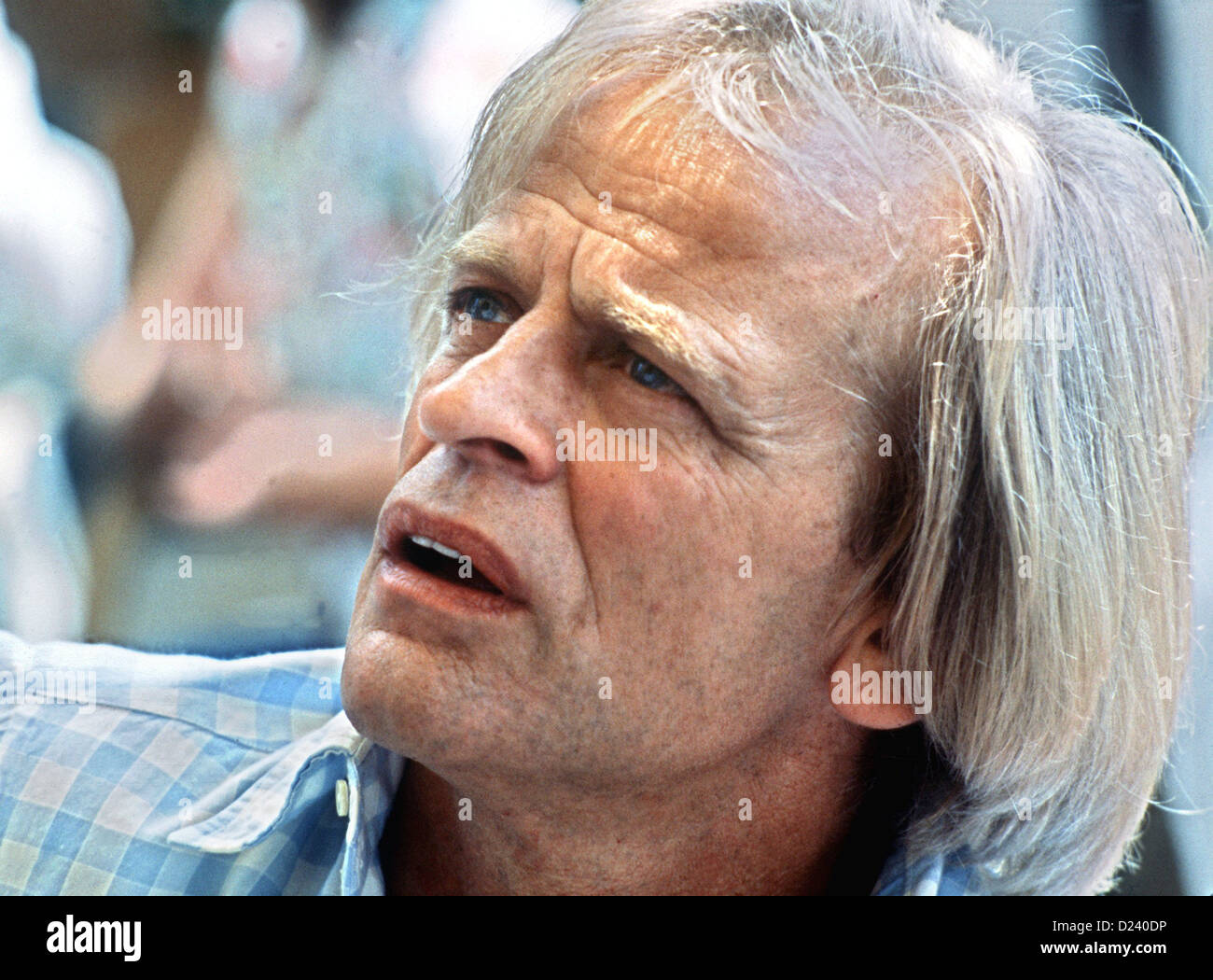
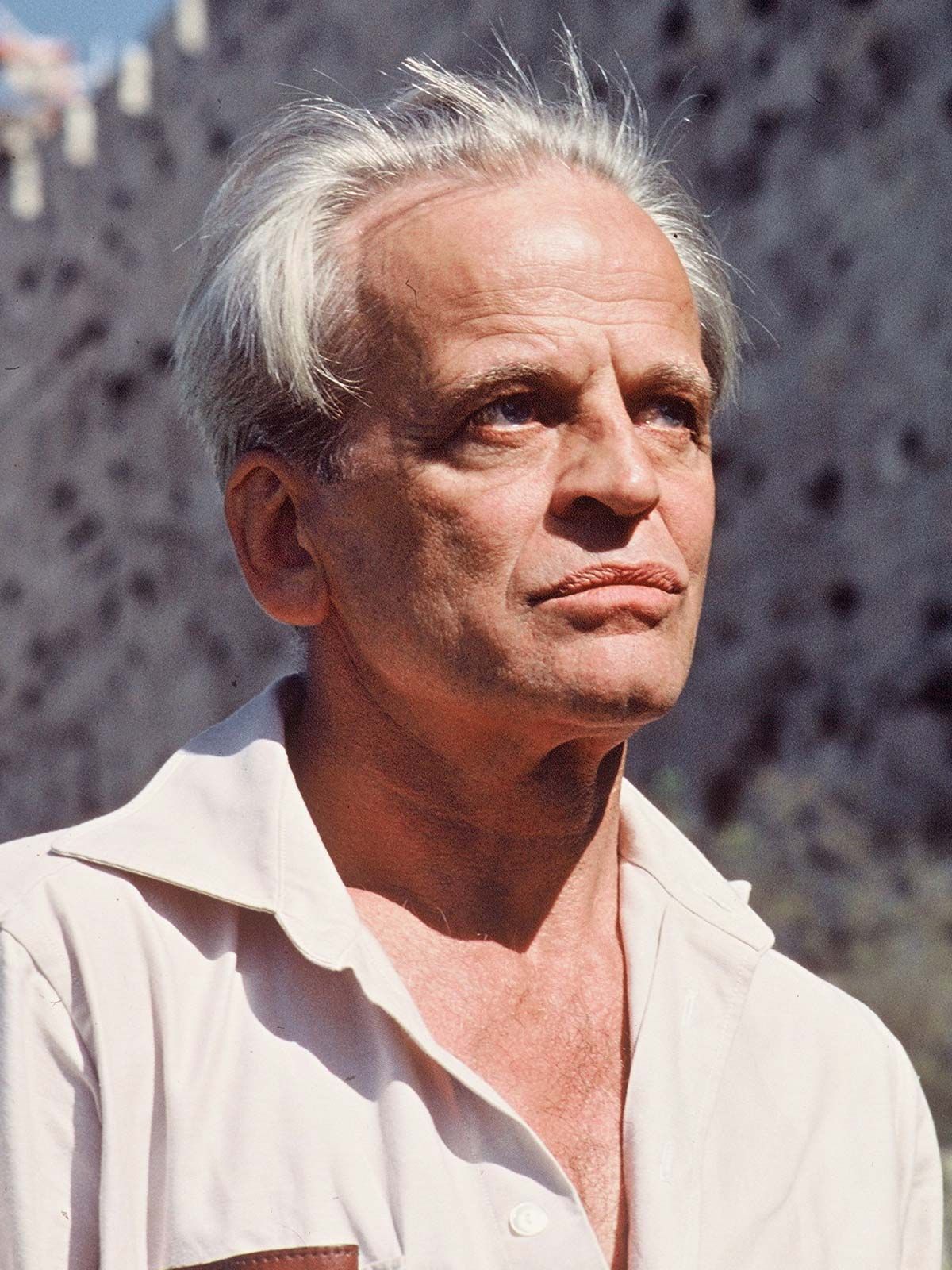
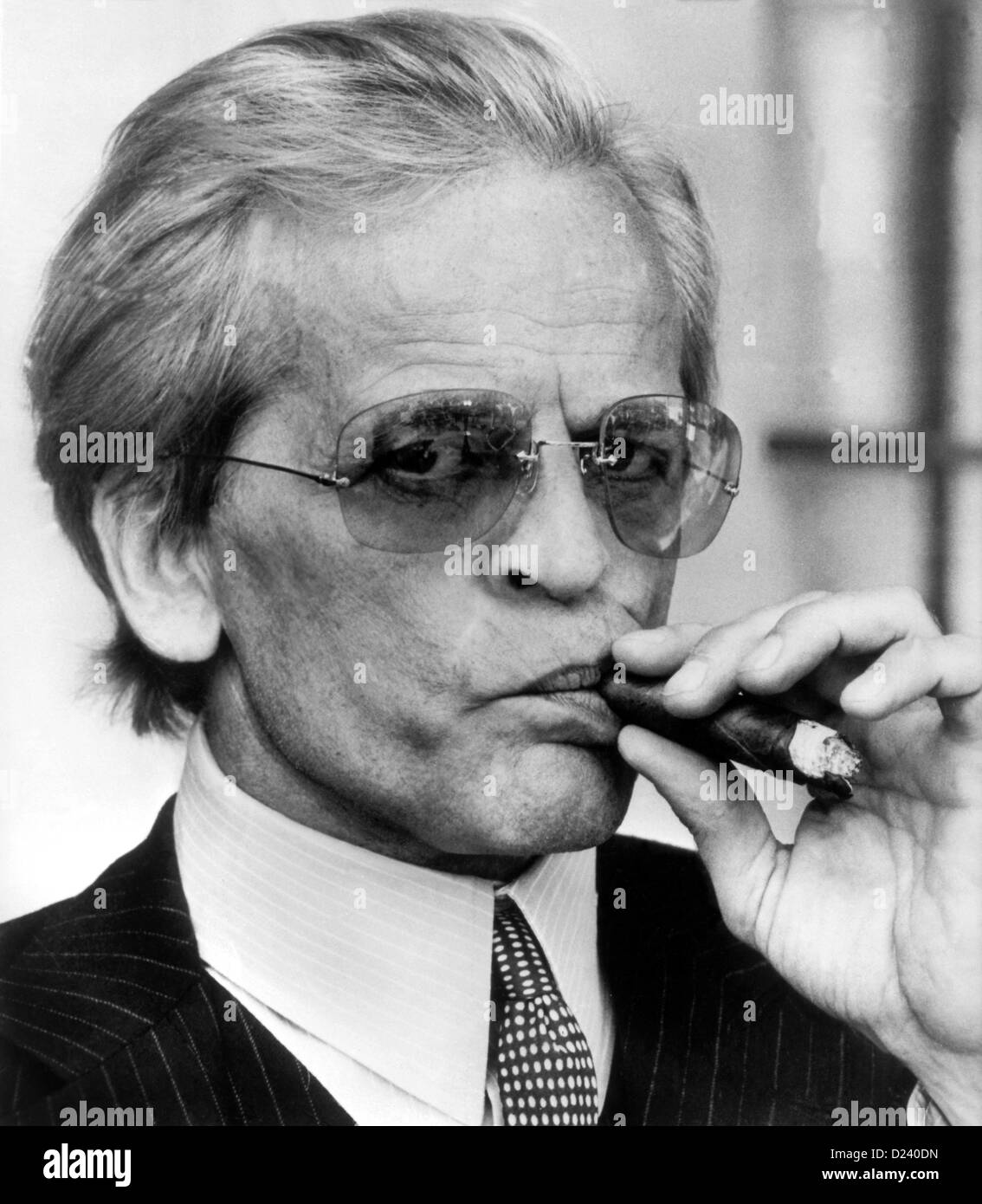
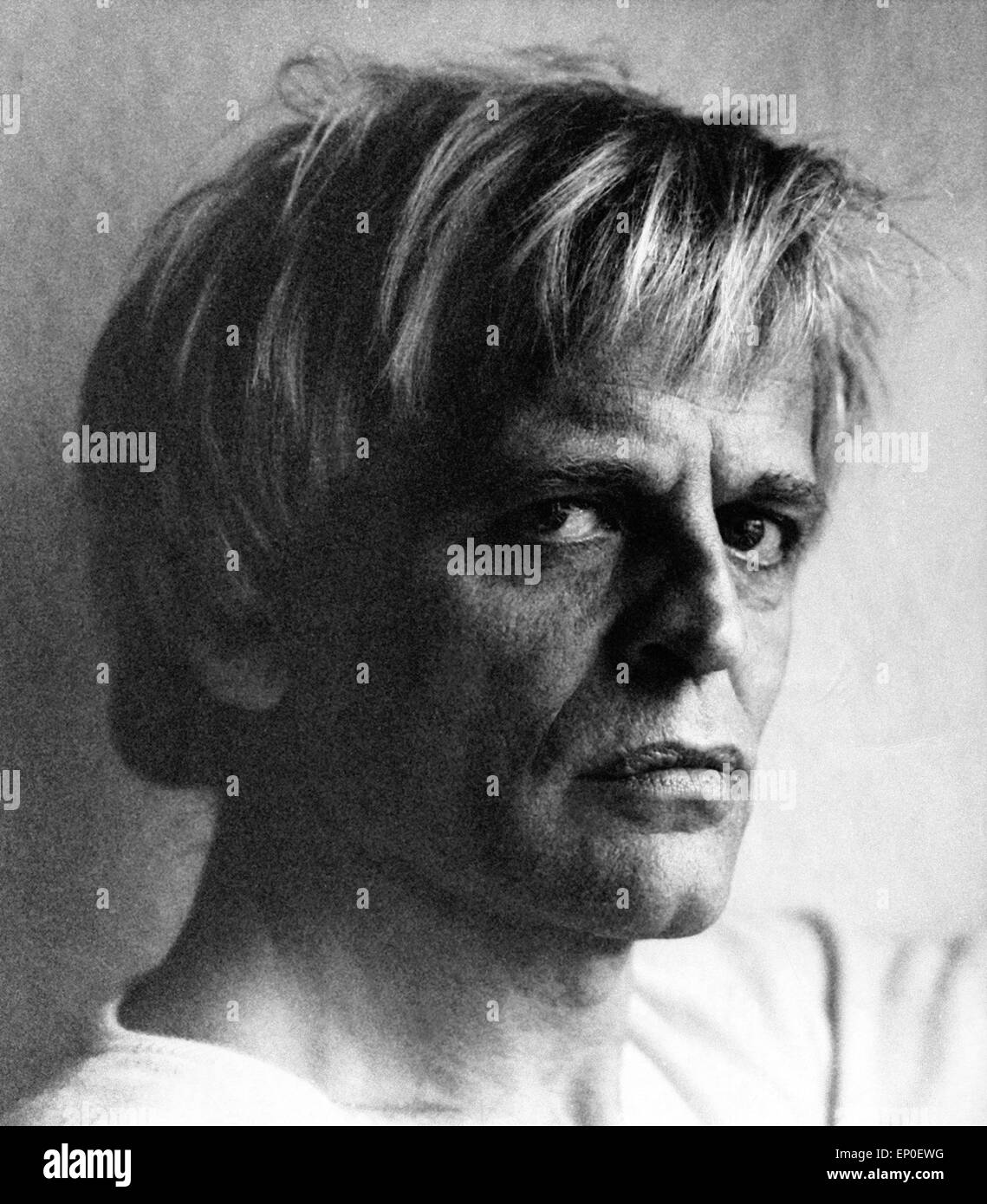

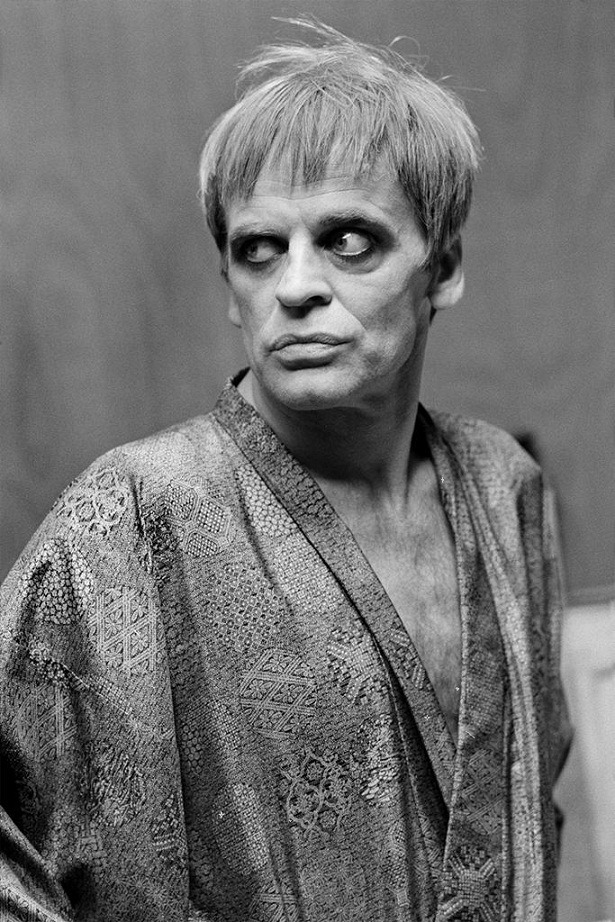
Summary of Bild Klaus Kinski
Klaus Kinski was a German actor known for his intense and often eccentric performances. His career spanned over four decades, and he appeared in more than 130 films. Kinski’s performances were characterized by their raw emotionality, physicality, and often disturbing intensity. He became known for his portrayal of unhinged and volatile characters, often villains or outsiders. Despite the controversies that surrounded him, Kinski remains one of the most influential actors of his generation. His performances continue to be studied and admired by actors and filmmakers alike. Kinski’s legacy is a complex one, marked by both brilliance and excess. He pushed the boundaries of acting and challenged audiences with his unflinching portrayal of human darkness.
Q&A
- What was Klaus Kinski’s most famous role?
- Nosferatu in "Nosferatu the Vampyre" (1979)
- Who did Klaus Kinski collaborate with frequently?
- Director Werner Herzog
- What was Klaus Kinski’s acting style known for?
- Intensity, physicality, and emotional extremes
- What were some of the controversies surrounding Klaus Kinski?
- Volatile temper, drug use, and numerous marriages and affairs
- What is Klaus Kinski’s legacy?
- One of the most influential actors of his generation, known for his intense performances and uncompromising artistic vision
Conclusion
Klaus Kinski was a complex and enigmatic figure who left an indelible mark on the world of cinema. His intense and often controversial performances pushed the boundaries of acting and challenged audiences to confront their own darkness. Despite the controversies that surrounded him, Kinski’s talent and artistry cannot be denied. He remains a source of fascination and inspiration for actors, filmmakers, and audiences alike. Kinski’s legacy is a reminder that even in the most challenging of circumstances, art can emerge from the depths of human experience.
Closing Statement
Klaus Kinski’s life and career were a testament to the transformative power of art. Through his fearless performances, he laid bare the complexities of human nature and left an enduring legacy that continues to provoke, inspire, and challenge audiences worldwide.
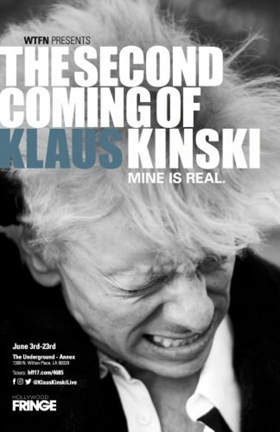
Closure
Thus, we hope this article has provided valuable insights into Bild Klaus Kinski: The Enigmatic and Controversial Actor. We thank you for taking the time to read this article. See you in our next article!
